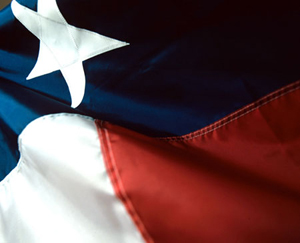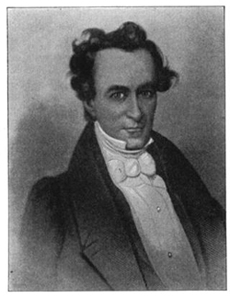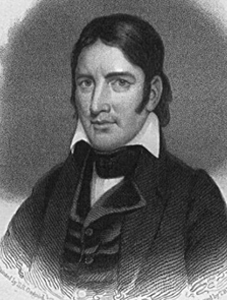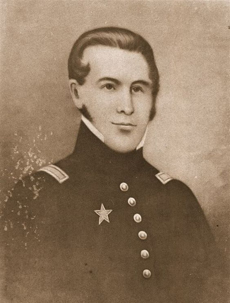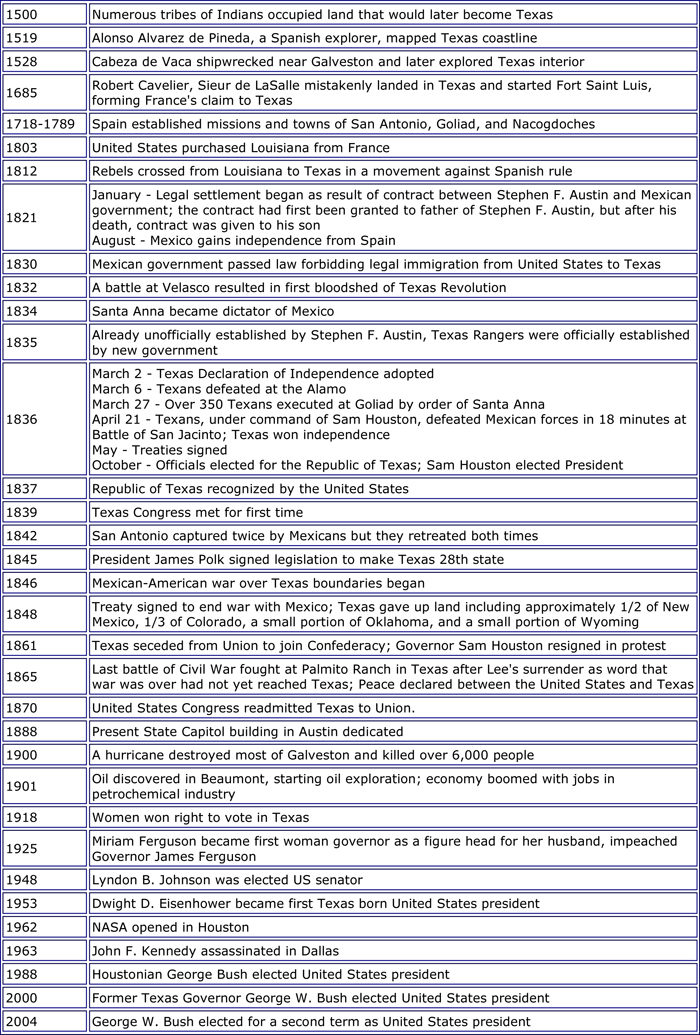As you celebrate the independence of the Lone Star State on March 2, enjoy the following quotes, trivia and history maker bios.
Memorable quotes
”Texas is a state of mind. Texas is an obsession. Above all, Texas is a nation in every sense of the word.” John Steinbeck, author
“You may all go to hell, and I will go to Texas.” Davy Crockett, Texas history hero
“If you’ve ever driven across Texas, you know how different one area of the state can be from another. Take El Paso. It looks as much like Dallas as I look like Jack Nicklaus.” Lee Trevino, pro golfer
“I like the story, doubtless antique, that I heard near San Antonio. A child asks a stranger where he comes from, whereupon his father rebukes him gently, ‘Never do that son. If a man’s from Texas, he’ll tell you. If he’s not, why embarrass him by asking?'” John Gunther, author (Inside USA)
“My favorite Aggie joke? I’m sorry, I don’t understand the question.” Lyle Lovett, singer/songwriter and Texas Aggie
Fun facts
Nickname – The Lone Star State
Capital – Austin
Largest cities – Houston, Dallas, San Antonio
Entered union – Dec. 29, 1845 – 28th state
State flower – Bluebonnet
State bird – Mockingbird
State tree – Pecan
State song – “Texas Our Texas”
Highest point – Guadalupe Peak-West Texas – 8749 ft.
Record high temperature – 120 degrees
Record low temperature – -23 degrees
Total area – 268,601 – second largest state
Origin of name – Texas – Tejas – Spanish pronunciation of a Caddo Indian word meaning “friends”
Pledge – “Honor the Texas flag; I pledge allegiance to thee, Texas, one state under God, one and indivisible.
Six flags have flown over this great state
Spanish 1519-1685
French 1685-1690
Spanish 1690-1821
Mexican 1821-1836
Republic of Texas 1836-1845
United States 1845-1861
Confederate States 1861-1865
United States 1865-Present
A few heroes
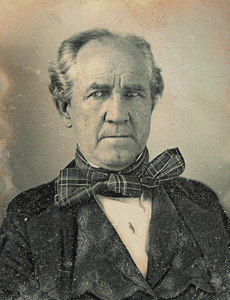 Samuel “Sam” Houston was born in Rockbridge County, Virginia March 2, 1793. He was a soldier, politician and statesman who served as president of the Republic of Texas, senator and governor. Houston also served as the governor of Tennessee. He was wounded while fighting the War of 1812 and after his recovery became an Indian agent to the Cherokees. He was married to Eliza Allen for a short time. When that marriage ended he spent time with the Cherokee Indians and married a Cherokee named Tiana Rogers. In 1832, Houston left the Cherokees, and his wife, to go to Texas. On April 21, Houston took Santa Ana’s troops by surprise and defeated them during the Battle of San Jacinto. Santa Ana was forced to sign a treaty giving Texas its independence. Houston later remarried and fathered eight children.
Samuel “Sam” Houston was born in Rockbridge County, Virginia March 2, 1793. He was a soldier, politician and statesman who served as president of the Republic of Texas, senator and governor. Houston also served as the governor of Tennessee. He was wounded while fighting the War of 1812 and after his recovery became an Indian agent to the Cherokees. He was married to Eliza Allen for a short time. When that marriage ended he spent time with the Cherokee Indians and married a Cherokee named Tiana Rogers. In 1832, Houston left the Cherokees, and his wife, to go to Texas. On April 21, Houston took Santa Ana’s troops by surprise and defeated them during the Battle of San Jacinto. Santa Ana was forced to sign a treaty giving Texas its independence. Houston later remarried and fathered eight children.
Stephen F. Austin was born Nov. 3, 1793 in Virginia and educated in Connecticut at Bacon Academy and Lexington, Kentucky at Transylvania University. His early jobs included working in his father’s store, managing his father’s lead manufacturing business, bank director, newspaper editor and circuit judge in Arkansas. Austin came to Texas in 1821 and was the founder of Anglo-American Texas. Often referred to as the Father of Texas, he made a bid for the presidency of Texas in 1835 but lost in a landslide to Sam Houston. In October 1836, Houston confirmed Austin as secretary of state. Two months later, in December 1836, Austin died of pneumonia. When Houston learned of his death, he issued a statement saying, “The Father of Texas is no more; the first pioneer of the wilderness has departed.”
David “Davy” Crockett, born Aug. 17, 1786 in Greene County, Tennessee (there is some dispute over place of birth). Crockett, an American folk hero, is often referred to as “King of the Wild Frontier.” He was a pioneer, explorer, soldier, trapper and politician. He learned most of his frontiersman skills by leaving home early to escape an abusive father. In 1826 and 1828 Crockett was elected to the U.S. House of Representatives and served an additional term beginning in 1833. He left Tennessee for Texas in October 1835 after losing two more elections. After his defeat, the story goes that he announced, “I told the people of my district that I would serve them as faithfully as I had done; but if not…you may all go to hell, and I will go to Texas.” He arrived in Nacogdoches in January 1836 and signed up to fight for Texas’ freedom. He died in the Battle of the Alamo March 6, 1836.
William Barrett Travis, born in South Carolina in 1809, moved to Alabama at the age of 9. Educated in Alabama, he became an assistant teacher, and later a lawyer and newspaper publisher. He married and had a son, but for reasons unknown left his wife, son and unborn daughter and fled to Texas. His son was later placed with a friend of Travis so that he could be closer to his father. Travis started a law practice and bought land from Stephen F. Austin. He was the recruiting officer for the Texan army, but had difficulty finding volunteers. He arrived at the Alamo Feb. 3, 1836 with 18 men. When the commander, Colonel James C. Neill, had to leave to tend to family business, Travis became official commander of the Alamo where he was killed March 6, 1836.
James “Jim” Bowie was born in Kentucky April 10, 1796 and raised in Louisiana. He became famous for his prowess with a large knife, which later became known as the “Bowie Knife.” In 1827 he got involved when a duel between two men became a free-for-all, and after being shot and stabbed, he killed the sheriff of Rapides Parish, Louisiana with his knife. He moved to Texas in 1830 and became a Mexican citizen. His fame grew when a group that he was part of fought off an Indian raiding party. When the Texas Revolution began, he joined the Texas militia and fought at the Battle of Concepcion, the Grass Fight and the Alamo. He commanded the volunteer forces at the Alamo until he became too ill. He was bedridden during the battle but managed to kill several Mexican soldiers.
Texas history timeline


